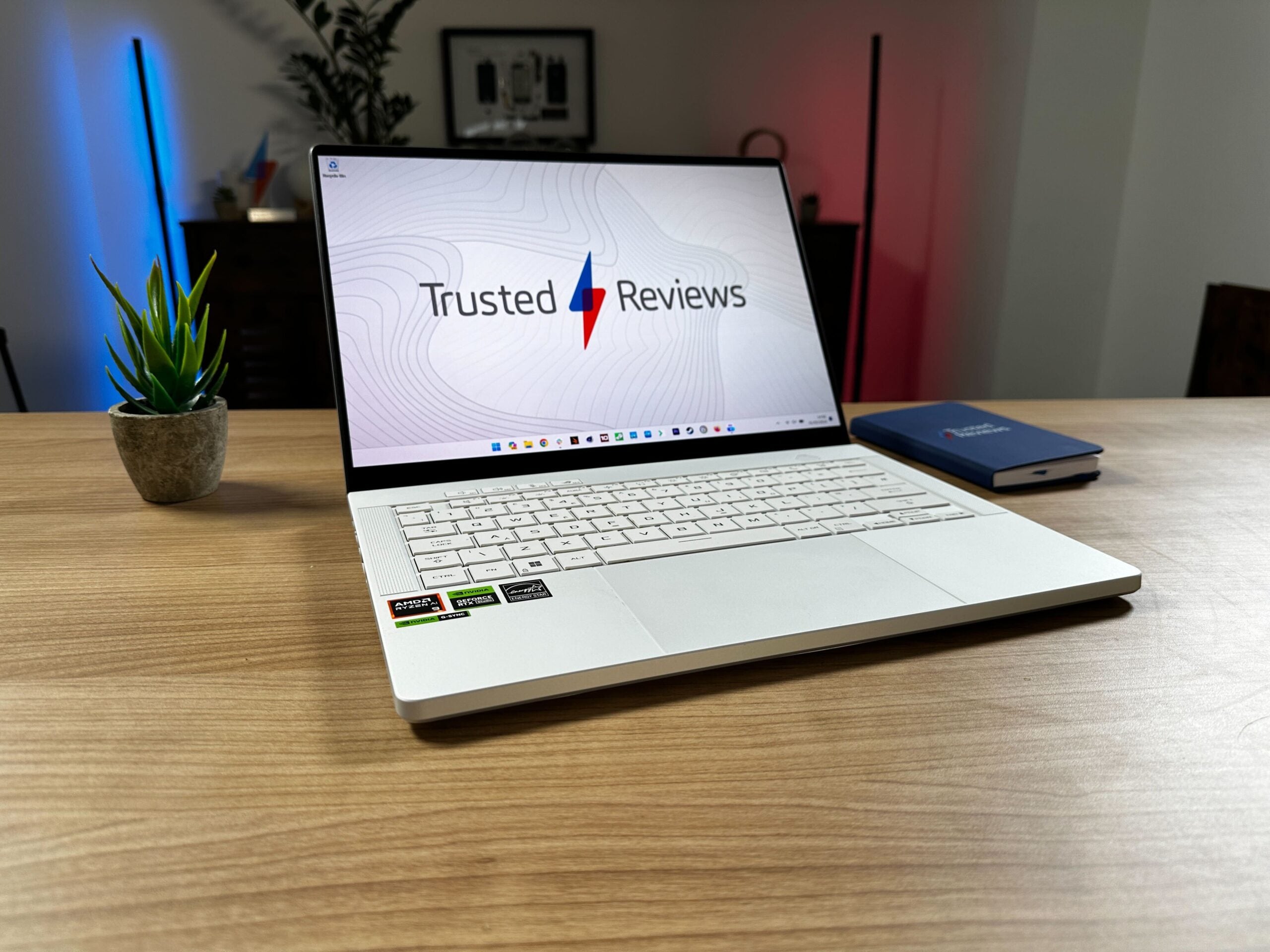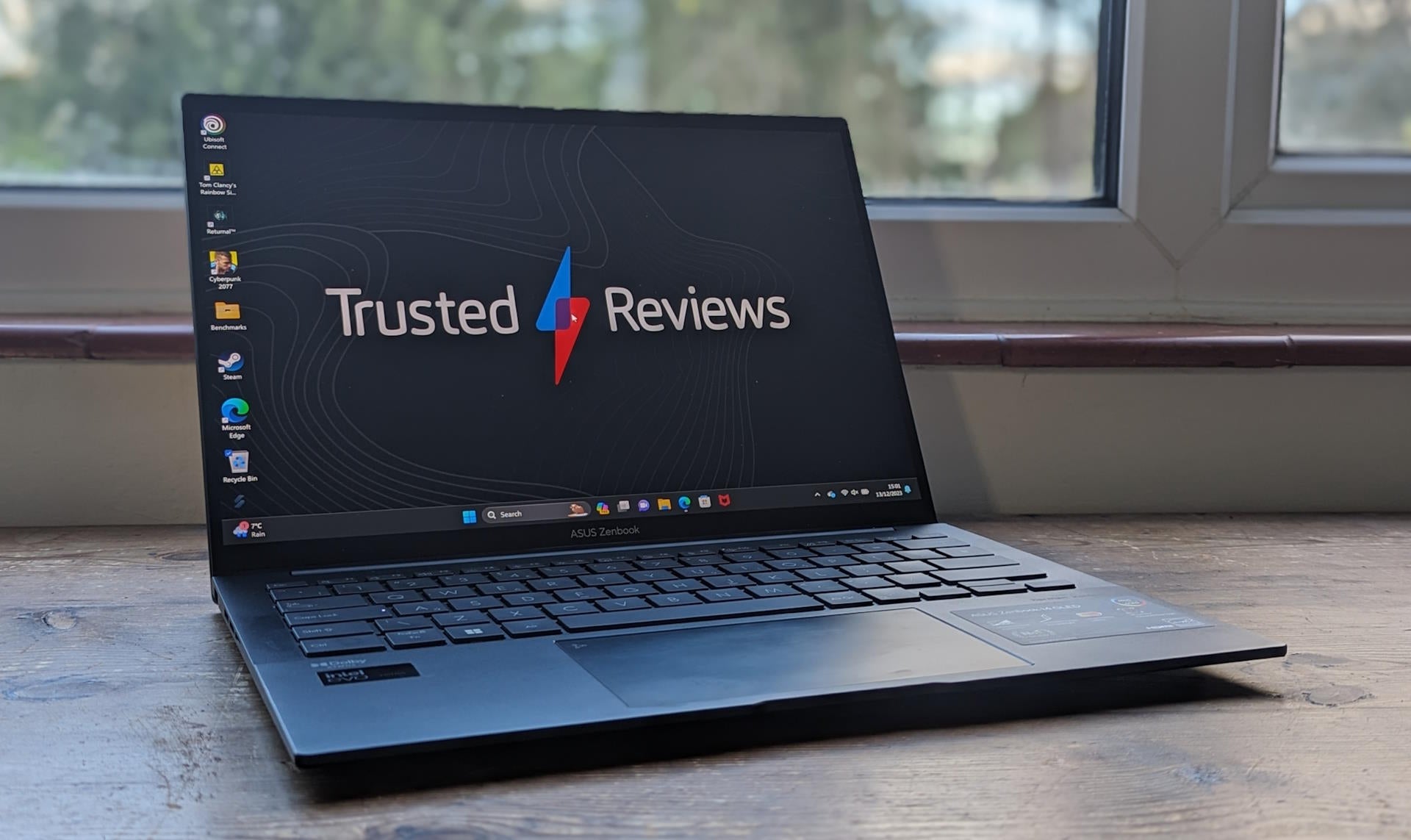Samsung starts making 90Hz OLED displays for laptops

Samsung has commenced the production of 90Hz OLED displays for 14-inch laptops, which could have particular benefits for gaming.
The South Korean company – or rather its Samsung Display subsidiary – has issued a press release (via Engadget) revealing that it had finally begun mass-producing its 90Hz refresh rate laptop OLED panels, after it missed its initial March window.
Samsung has confirmed that these advanced OLED panels will first find their way into the 14-inch ASUS Zenbook and Vivobook Pro laptops. The displays will feature a 2,880 x 1,800 resolution and a 16:10 aspect ratio, but it’s that combination of OLED and 90Hz that stands out.
Of course, laptop displays with fast refresh rates are hardly uncommon. It’s quite common to see 120Hz or 144Hz displays among gaming laptops, while the likes of the Gigabyte AORUS 17G feature displays that go up to a whopping 300Hz. But such screens are always based on LCD technology, and as such lack the unique benefits that OLED provides.
That’s not purely about contrast and vibrancy, either. Running games at such high refresh rates takes a toll both on your wallet and your laptop’s battery life. Pumping out more frames requires expensive graphics cards and a lot of energy.
Samsung describes its new laptop OLED as an optimal choice, as it can “display a more natural-looking image with a lower refresh rate than an LCD panel”.
It all comes down to the increased responsiveness of OLED. According to Samsung Display’s internal tests, its 90Hz OLED panel produces 10 percent less blur than a 120Hz LCD.
Less motion blur without the need to crank up your GPU? Sounds like a laptop gamer’s dream.





